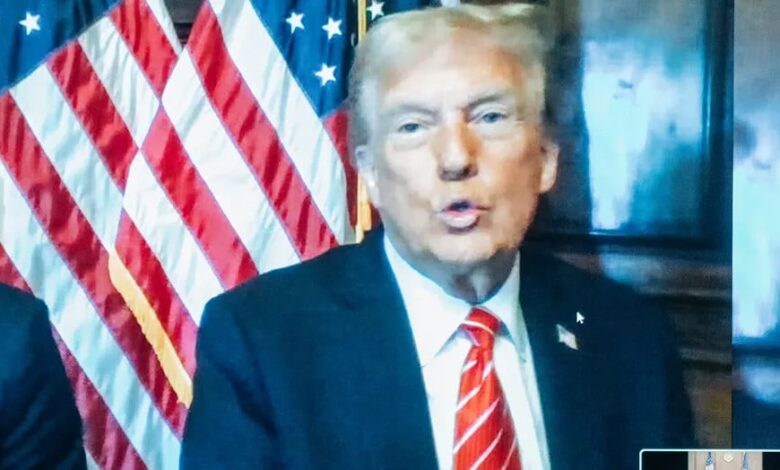Trump’s sentence explained: What is an unconditional discharge?

President-elect Donald Trump has been sentenced to an unconditional discharge following his conviction on charges of falsifying business records related to a hush money payment. This rare ruling means Trump will avoid jail time, probation, or fines, though the conviction will remain on his legal record.
What is an unconditional discharge?
An unconditional discharge is a legal outcome where the conviction stands, but the defendant is spared additional penalties. In this case, Judge Juan M. Merchan, who presided over the trial, adhered to the prosecution’s recommendation, citing Trump’s imminent inauguration on January 20 and the broader implications of sentencing a sitting president-elect.
Trump maintains innocence
During Friday’s sentencing, Trump reiterated his claim of innocence, insisting the payment to his former attorney Michael Cohen was a routine legal expense. He described the proceedings as a “miscarriage of justice” and continued to allege political motivation behind the case.
Steven Cheung, a spokesperson for Trump, echoed the sentiment, calling for the case’s dismissal and labeling it as an overreach of the judicial system. Despite these claims, the prosecution argued that the verdict, which carried a potential prison sentence of up to four years, was legally sound and justified.
As Trump prepares to assume office, the conviction adds a historic and controversial note to his presidency, marking the first time a U.S. president-elect has faced sentencing before inauguration.
Source link



